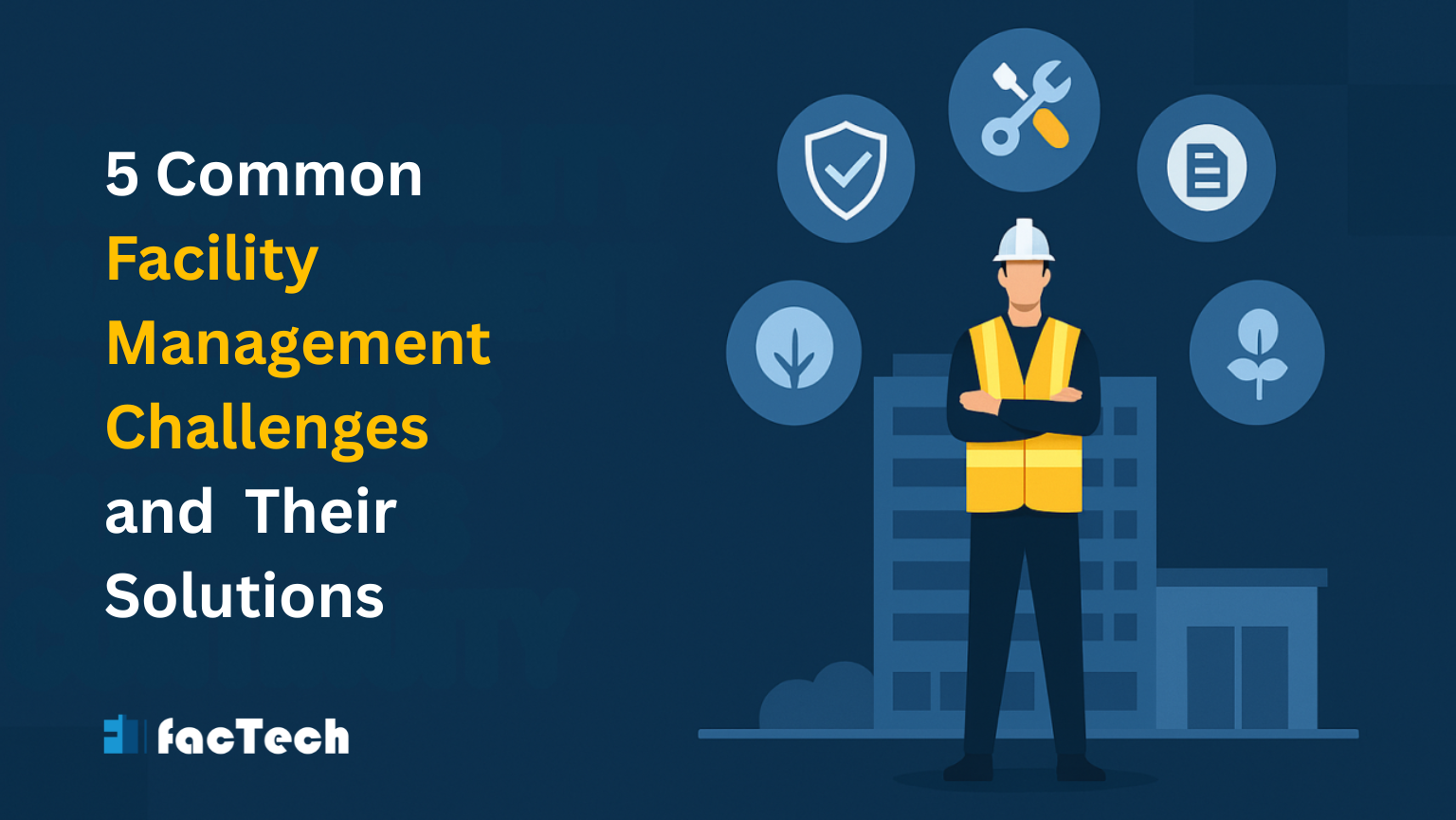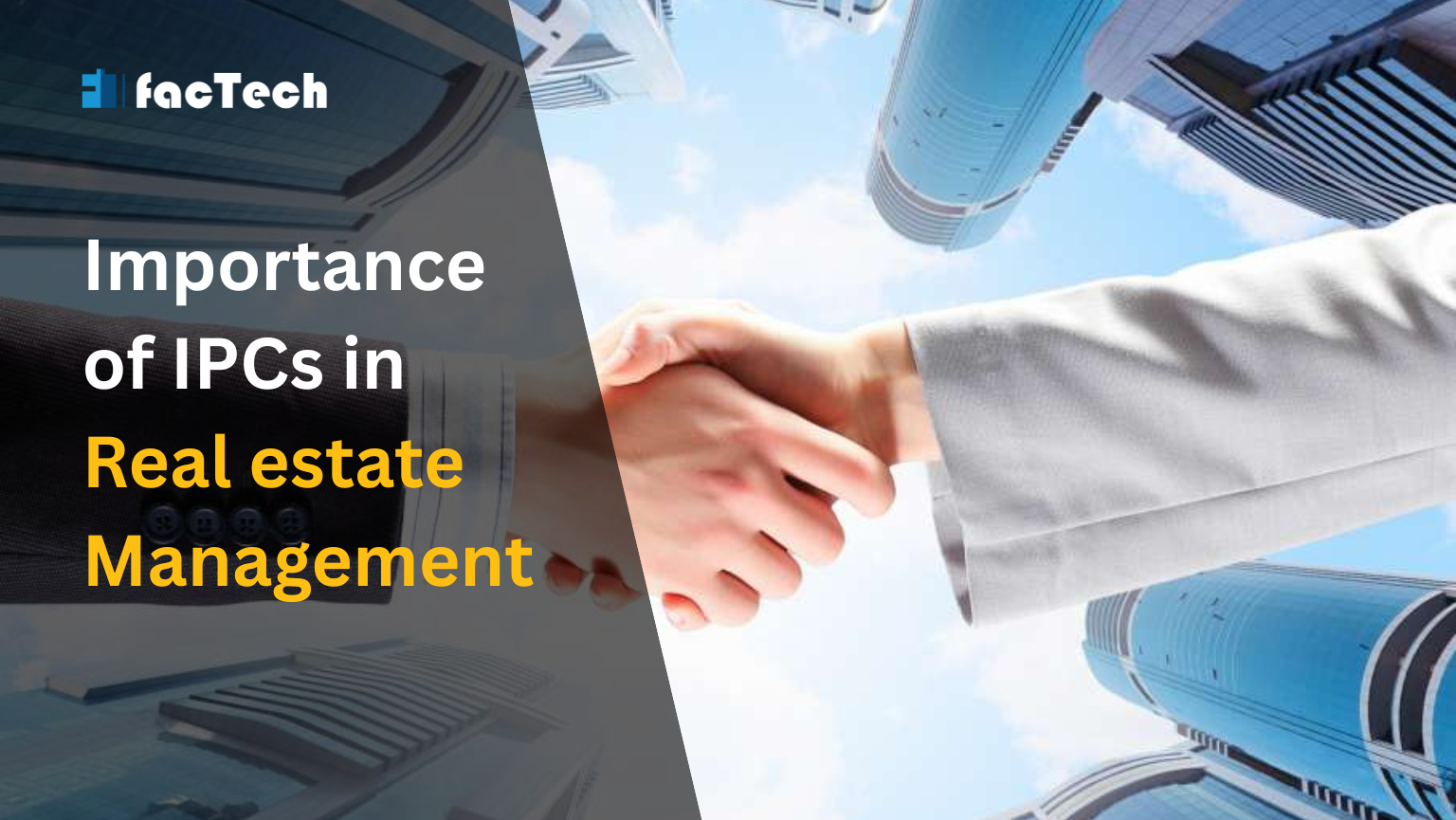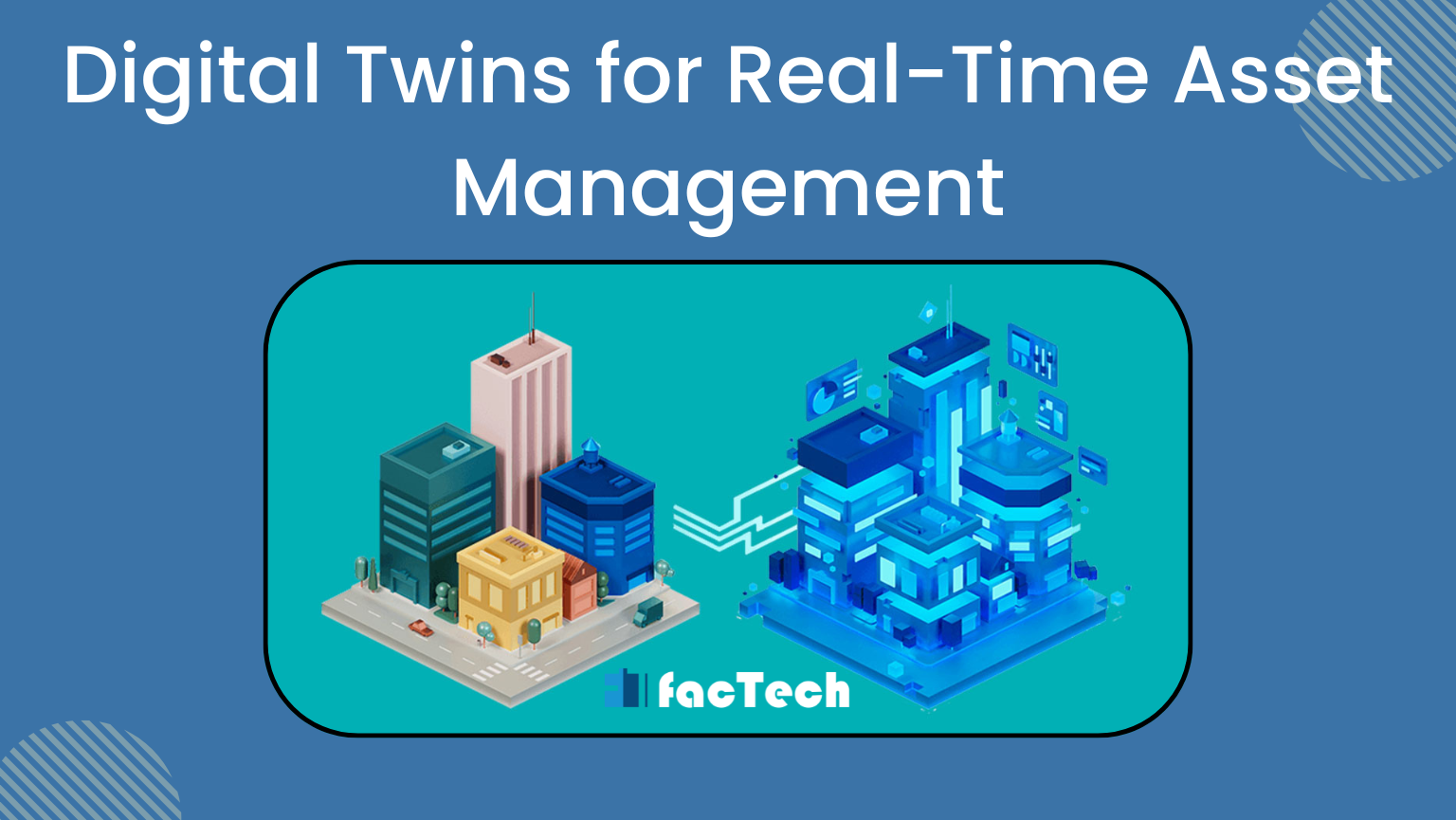Real Estate ERP Software
What is Real Estate ERP Software
With the advent of the dynamic digital landscape, every plank of managing real estate operations integrates into a single software solution. Real Estate ERP (Enterprise Resource Planning) is streamlining processes, optimizing resources, and transforming customer experiences.
Be it sales or tracking finance, real estate ERP just does the game. It’s reshaping the entire real estate landscape and ushering it into a realm of resource efficiency and real-time collaboration. Let’s now quickly catch a glimpse of what’s real estate ERP in the first place.
What do You Mean by Real Estate ERP Software?
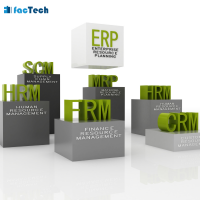
Real Estate ERP Software is defined as a comprehensive solution which integrates and automates various real estate operations. Such an advanced system offers a centralized platform for various functions such as sales, marketing, finance, construction, project management, and customer relationship management (CRM).
What are the types of Real Estate ERP architectures?
We have two major types of ERP structures, namely, Monolithic and Postmodern ERP. Let’s have a look at both of them-
1. Monolithic ERP:
In this type of architecture, all the modules, like finance, HR and CRM integrate into a unified database. Monolithic systems allow a seamless data flow and act as a single source of truth for the entire organization. However, such a unified platform may not always cater to the specific needs of every department within an organization. Next is the postmodern one, scroll down!
2. Postmodern ERP:
Postmodern architecture is a more flexible option to enterprise resource planning. Instead of a single monolithic system, you can go for a combination of core ERP components. Such software focuses on flexibility and agility.
You can select the most suitable applications, scale systems independently, and leverage modern technologies like cloud computing and APIs for seamless integration and data exchange. You’re right, the postmodern architecture encourages a hybrid ecosystem that features not only the core ERP functionalities but also the other specialized services. This is indeed a more tailored and adaptable software solution.
Key Features of Real Estate ERP Software
Here we have compiled a list of the key features of this innovative software solution. Let’s have a look-
Property Management:
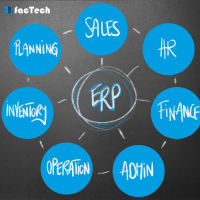
ERP software equips your company with robust property management capabilities. This includes efficient property listings, lease management and tenant management among others. You can enjoy features like rent tracking, lease renewals, occupancy tracking, and maintenance ticketing.
Project Management:
From planning to completion, let your ERP software take the helm. It includes project scheduling, progress tracking, collaboration tools, and integration with construction management software.
Read More: Real Estate Management Services Best Practices
Document Management:
In addition, it also offers a centralized repository for storing and managing critical documents. These may be related to properties, contracts, permits, legal agreements, and other paperwork. It ensures easy access, version control, and secure storage of documents.
Reporting and Analytics:
Reporting and analytics are the pre-eminent benefits of ERP software. It offers customizable dashboards, real-time data analysis, key performance indicators (KPIs) tracking, and data visualization for making informed decisions.
Compliance Management:
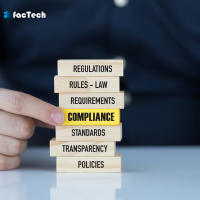
This feature helps real estate companies stay compliant with legal and regulatory requirements. It includes tools for tracking permits, licenses, certifications, compliance deadlines, and documentation related to legal agreements and contracts.
Employee Management: Yes, that’s right! Employee management is now a breeze for your real estate company. You can now have employee profiles at your fingertips. This information may include personal details, employment history, performance evaluations, and training records- all in one place!
Furthermore, you can also leverage attendance management functionalities- time tracking, shift scheduling, and leave management. It automates time capture, calculates attendance, manages paid time off, and generates timesheets, making payroll processing more efficient.
What’s more? Well, you can also track training needs, schedule training sessions, manage course registrations, and monitor training progress. This ensures that employees have access to relevant training resources and helps in their professional growth.
What are the Benefits of Real Estate ERP?
In this section, we’ll be taking a stroll through the manifold merits of enterprise resource planning systems-
Streamlining Real Estate Operations
This tool eliminates human errors and practically automates all manual processes. It centralizes data and operations, providing a single source of truth for all departments, as we have discussed above. This streamlines workflows improves efficiency, and saves time and resources. Let’s move to the next benefit.
Improving Inter-Department Collaboration
Your ERP software is going to provide a centralized platform where teams can seamlessly communicate, share information, and collaborate on projects. This leads to improved coordination, faster decision-making, and a more productive work environment.
Enhancing CRM
You can now integrate Customer Relationship Management (CRM) functionalities into the system. Access to a customer’s history, preferences, and feedback allows for carefully-tailored offerings. Real-time access to customer data helps build strong relationships, enhance customer satisfaction, and drive repeat business.
Making Informed Decisions

We have briefly shed light on reporting and analytics in the preceding section. This feature helps you to access key metrics, performance indicators, and trends. Real-time data visibility allows for proactive decision-making, optimizing processes, and identifying new business opportunities.
Saving Costs and Improving Profitability
You might have realized by now that this innovative solution ultimately reduces operational costs by automating processes and improving resource management. Efficient budgeting, financial tracking, and analysis mitigate financial risks and boost profitability. Real-time visibility into costs, revenue, and expenses enables better financial planning, resource allocation, and cost control.
Enhancing Regulatory Compliance
Finally, you can efficiently maintain records in a transparent manner. The system can track permits, licenses, certifications, and legal agreements, ensuring adherence to regulations and avoiding penalties.
Final Words
In this blog, we have elucidated the key features and benefits of Real Estate ERP systems. This software accommodates the evolving needs of real estate companies.
It offers scalability, allowing businesses to expand their operations, handle larger portfolios, and adapt to market changes. From property to employee management, real estate enterprise resource planning systems support growth by providing a flexible platform that can be tailored to fit changing business requirements.
Contact us for a free demo of how our expertise can help you achieve your business goals to the best.



